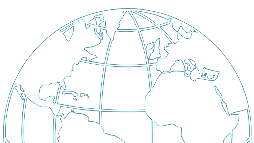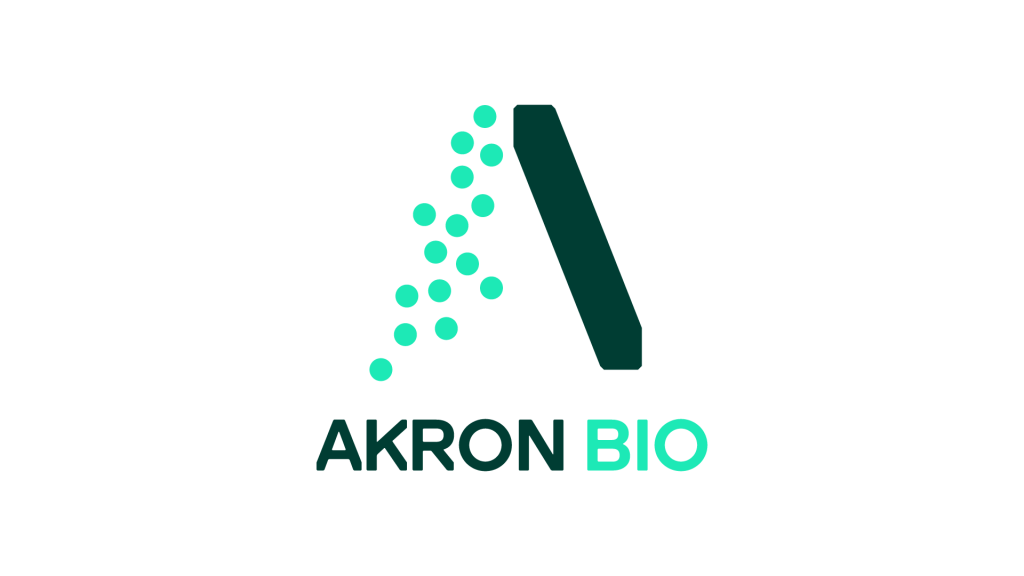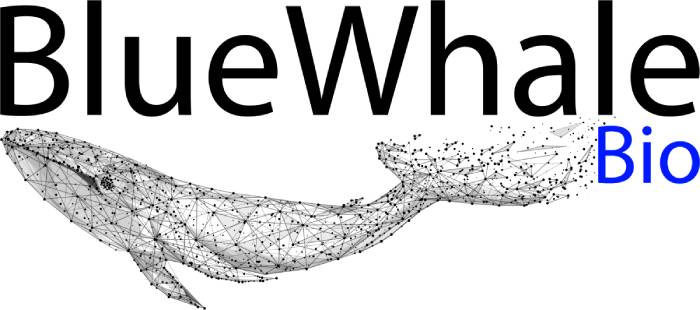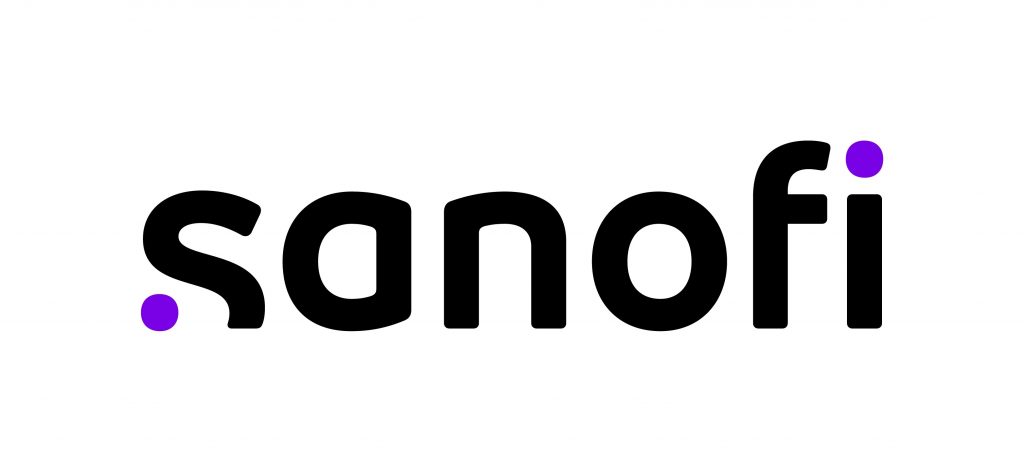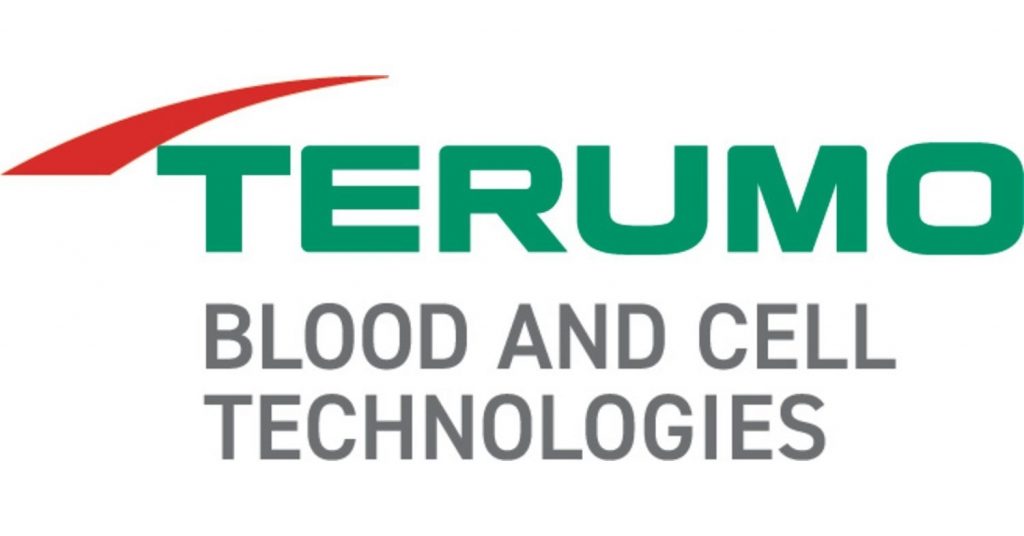An ECI Conference Series
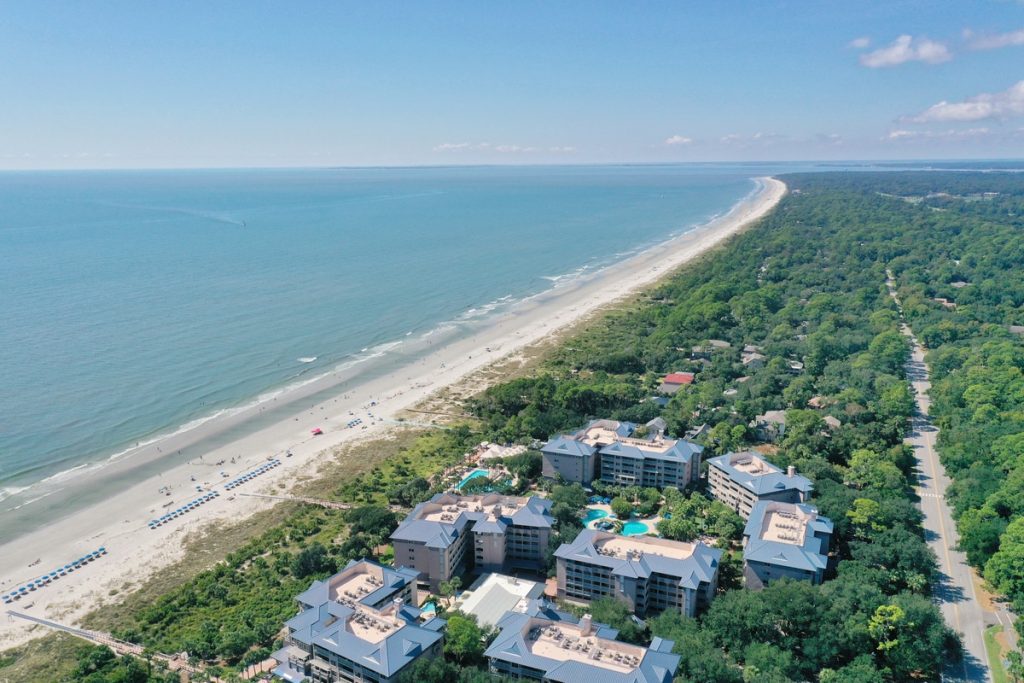
February 1-5, 2026
Hilton Head, SC
USA
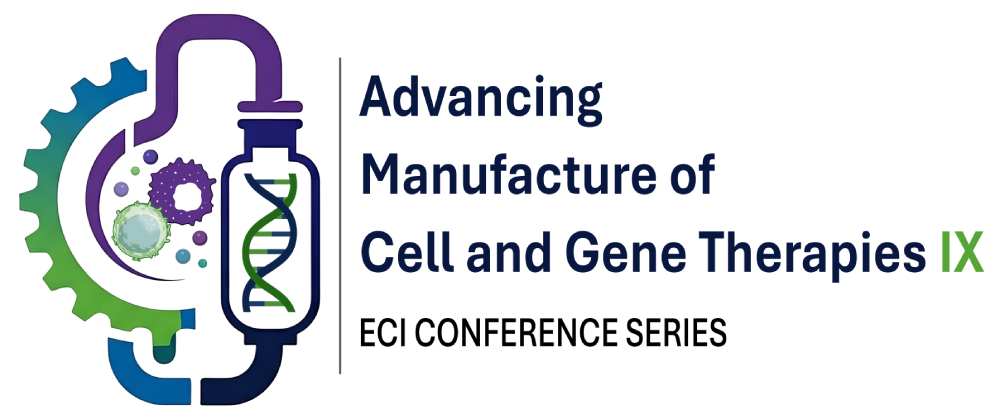
About This Conference
The ECI Advancing Manufacture of Cell and Gene Therapies conference is a biennial meeting that brings together leading figures from academia, industry, and government to showcase and debate the latest breakthroughs in advancing engineering and manufacturing of next-generation therapies. In February 2026, ECI will deliver yet another unique meeting with a specific focus on the latest advancements, trends, and disruptions from the past two years impacting both cell and gene therapies.
Our attendees and speakers include scientists and engineers in various sectors from all over the world working to improve manufacturing of advanced therapeutics. The sessions will cover advances, emerging concepts, and technologies related to gene editing, digitalization and automation (including artificial intelligence), manufacturing strategies, and much more.
We welcome, celebrate, and take pride in attracting a diverse audience that will lead to an enlightening and productive meeting. The conference delivers an appreciation of the field’s achievement, an acknowledgement of the hurdles, and a sense of direction for the future. Check back often as details on session titles, keynote speakers, and the overall program are updated regularly. We hope to see you there!
John Moscariello, Neuvogen
Corinne Hoesli, McGill University
Bruno Marques, Century Therapeutics
Conference Organization
Conference Chairs
John Moscariello, Neuvogen
Corinne Hoesli, McGill University
Bruno Marques, Century Therapeutics
Student Liaison
Jessica Tian, McGill University
Steering Committee
Dolores Baksh, Hyperius Biotech
Mike Betenbaugh, Johns Hopkins University
Tom Brieva, Legend Biotech
Barry Buckland, NIIMBLE
Manuel Carrondo, IBET - Instituto De Biologia Experimental E Tecnológica
Peter P. Gray, AIBN - University of Queensland
Gargi Maheshwari, Merck Co., Inc.
Damian Marshall, Achilles Therapeutics
Chris Mason, AVROBIO, Inc.
Fernanda Masri, Minaris Advanced Therapies
Lars Nielsen, The University of Queensland
Sean Palecek, University of Wisconsin - Madison
Rod Rietze, Streamline Bio, USA
Greg Russotti, Century Therapeutics
Ivan Wall, University of Birmingham
Carolyn Yeago, CY Solutions
Peter Zandstra, University of British Columbia
Organizing Committee
Mats Akesson, Novo Nordisk
Neil Blackburn, OmniaBio
Calvin Chan, BMS
Liz Csaszar, Notch
Kerry Dooriss, City of Hope
Suzy Farid, University College London
Peter G. Fuhrken, Fujifilm Cellular Dynamics, Inc. (FCDI)
Patricia Gomes-Alves, IBET - Instituto De Biologia Experimental E Tecnológica
Jérôme Guicheux, INSERM
Steve Howe, Resolution Therapeutics
David Hsiung, Prime Medicine
Shin Kawamata, Cyto Facto
Sven Markert, Roche
Daria Marsh, Catapult
Fernanda Masri, Minaris Advanced Therapies
Fabien Moncaubeig, TreeFrog Therapeutics
Julie Murrell, Cell Manufacturing Technologies (CMaT)
Lavanya Peddada, Vittoria
Dhruv Sareen, Cedars-Sinai
Joe Seiling, Legend Biotech
Jessica Tate, CCRM
John Tomtishen, Cellares
Angela Vollstedt, Novartis
Chris Wiwi, Dispatch Biotherapeutics
Poster Chairs
Aaron Simmons, Procella
Vanessa Strings-Ufombah, Adverum
Session Descriptions
Advancements in Manufacturing Gene Delivery Vehicles: Novel Manufacturing Technologies for Process Intensification and Control
Session Chairs: Jessica Tate, Kerry Dooriss, Sven Markert
For the past two decades, viral vectors (VVs) have been the most commonly used method for in vivo delivery of gene therapies. However, challenges related to yield, purity, and consistency during the biomanufacturing of these complex therapies persist. The commercialization of several VV-based therapies over the last 10 years has emphasized the need for improved design, characterization, and manufacturability of these vectors to enhance their efficacy, safety, and affordability. This is essential to ensure that VVs remain a viable option for gene delivery. This session will delve into strategies and cutting-edge technologies designed to advance the manufacturing of VV-based medicines beyond current limitations and enable a better link process to product quality for global patient access.
We invite submissions for presentations addressing the following key areas
- Technologies and strategies to reduce cost of manufacturing for VV based gene therapies in upstream and downstream processing by increasing productivity, yield and purity focusing on stable producer cell lines, improved transient transfection and streamlined purification.
- Product quality control via process design: mechanistic case studies demonstrating the modulation of critical quality attributes (CQAs) through targeted manipulation of process parameters
- Looking beyond the horizon: Next generation manufacturing of viral vector-based gene therapies by technology driven transformation
Advances in Manufacturing of Cell Therapies
Session Chairs: Calvin Chan, Mats Akesson, Liz Csaszar
Cell therapies have proven their ability to be effective, and in some cases curative, in both oncology and non-oncology applications. The landscape of cell therapy manufacturing is evolving, with innovative strategies, tools, and methodologies being adopted for both autologous and allogeneic therapies. Despite these advancements, manufacturing remains a significant challenge for commercial cell therapy products and continues to attract the interest of early-stage developers and enabling technology providers.
As novel therapies emerge and the demand for scalable solutions increases, stakeholders must navigate unique challenges related to scale, materials, parallelization, automation, and quality control. This session will delve into the intricacies of process development and highlight cutting-edge manufacturing approaches across a variety of cell therapy products, including CAR-T and TCR-based therapies, engineered NK cells, and stem cell-based therapies.
We will cover both autologous and allogeneic manufacturing, addressing key areas such as:
- Innovations in upstream and downstream unit operations
- Development of drug products, drug substances, and cell intermediates
- New enabling technologies and platforms
- Strategies for managing costs of goods sold (COGs) and scalability
- Advances in novel reagent designs
- Control and optimization strategies
Join us for an insightful exploration of how the latest manufacturing innovations are shaping the future of cell therapies.
Enabling Equitable Patient Access to Cell & Gene Therapies through Intelligent Automation and Data-Driven Manufacturing Process Control
Session Chairs: Neil Blackburn, John Tomtishen, Daria Marsh
Cell and gene therapies (CGT) offer transformative potential for patients with previously untreatable conditions. However, despite their clinical promise, equitable patient access remains a major challenge partially due to complex and costly manufacturing processes. This session will examine how innovations in manufacturing process control, automation, and AI/ML can address these access barriers by enhancing efficiency, consistency, manufacturing capacity and scalability.
As the CGT field matures, stakeholders must confront pressing issues—ranging from high costs of goods, supply chain fragility, and infrastructure disparities to regulatory complexity. We will explore how advanced technologies are being leveraged to optimize manufacturing workflows, scale processes, and reduce variability and batch failure, which will ultimately enable enhanced manufacturing capacity, leading to broader and more affordable patient access.
This session will feature a deep dive into the role of intelligent automation and data-driven process control, with particular emphasis on:
- Real-time monitoring, digital twins, and predictive analytics for manufacturing optimization
- AI/ML-powered systems that reduce batch failures and improve quality assurance
- Closed-system automation and robotics to minimize manual intervention and human error
- Decentralized, modular manufacturing models to reach underserved populations
- Collaborative strategies with regulators and industry partners to scale innovation responsibly
- Future-forward technologies shaping scalable, sustainable access models
Join us for a forward-looking discussion on how process automation, machine learning, and smart manufacturing can democratize access to CGT—transforming the patient care landscape with greater equity, reach, and impact
The Product is the Product: considerations and tools for analytical strategy development
Session Chairs: Fernanda Masri and Chris Wiwi
For years the cell and gene therapy (C>) field has parroted the phrase “The Product is the Process.” Interpreted incorrectly, this mantra might encourage an insufficient investment in analytics during product development. As our industry has matured, celebrating several commercial products, so too have the analytical strategies. This session will consider the latest tools and approaches that are being used in C> process and product development. During this session we will hear academic and industry perspectives on (1) the critical role of methods in developing a comprehensive product control strategy, (2) advancements in the testing of viral vectors, (3) methods for gene editing, including off-target analyses, (4) improvements in rapid method development and implementation, (5) the automation of analytical methods; (6) new tools being used by product developers and technology providers.
Process & Analytical Considerations for In Vivo Gene Editing & Delivery
Session Chairs: David Hsiung, Lavanya Peddada
Gene editing technologies have revolutionized therapeutic applications, with approaches divided into ex vivo and in vivo methodologies. While ex vivo gene editing has been widely used to modify T cells for cancer immunotherapy (both autologous and allogeneic) and hematopoietic stem cells (HSCs) for genetic disorders, in vivo approaches are expanding and carry the promise to expand patient access, improve treatment efficacy, and reduce manufacturing cost & complexity. However, achieving safe and efficient in vivo gene editing requires overcoming significant challenges in delivery, manufacturing, and analytical assessment.
This session will focus on the manufacturing and analytical considerations for in vivo gene editing therapies, and aim to address key challenges and advancements in the field. Topics will include delivery technologies for gene editing tools such as lipid nanoparticles, process development and scalability, and analytical approaches to evaluate efficacy, potency, and reducing off-target effects. The session will highlight the latest innovations in in vivo gene therapy and explore the CMC strategies that can be employed to bring these products to the clinic.
Join us for an in-depth discussion on the evolving landscape of in vivo gene editing, with insights into cutting-edge technologies and best practices for advancing these therapies toward clinical and commercial success.
Topics of interest include:
- Latest technologies (CRISPR, Prime and Base Editors, TALENs, ZFNs ) to enable “precision” genome editing
- Manufacturing considerations when choosing delivery platforms (Viral vs. non-viral delivery e.g., lipid nanoparticles, polymer-based systems)
- Scalability and standardization of delivery of gene editors (electroporation, viral, non-viral, polymer-based etc.)
- Ensuring consistency and stability of gene editing components (e.g., guide RNAs, nucleases, delivery vehicles)
- Immunogenicity and mitigation strategies for gene editing components
- Raw material quality and supply chain considerations for clinical translation
- Methods and Approaches for assessing editing efficiency and specificity in vivo
Novel approaches to combine in vivo editing with ex vivo cell therapies (e.g., target painting)
Sponsors
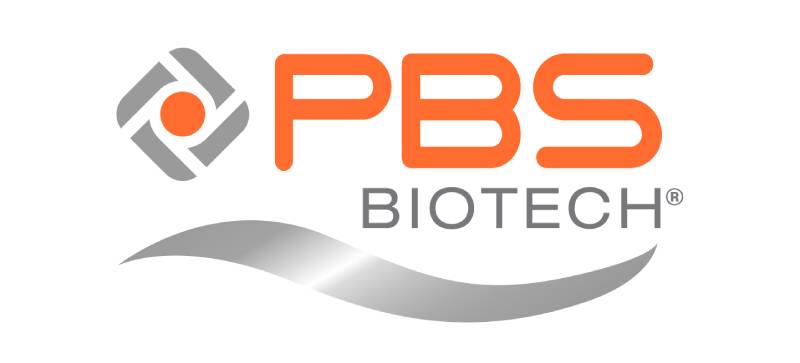
Sponsor Packages
Previous Conferences in this Series
Advancing Manufacture of Cell and Gene Therapies VI
January 27-31, 2019
Coronado, California
Conference Chairs:
Dolores Baksh, GE Healthcare
Ivan Wall, Aston University
Rod Rietze, Novartis
Advancing Manufacture of Cell and Gene Therapies VII
Feb 6-10, 2022
Coronado, CA
Conference Chairs:
Sean Palecek, University of Wisconsin, USA
Damian Marshall, Achilles Therapeutics, UK
Fernanda Masri, Cell & Gene Therapy Catapult, UK
Advancing Manufacture of Cell and Gene Therapies VII Webinar
July 21, 2021
Conference Chairs:
Sean Palecek, University of Wisconsin, USA
Damian Marshall, Achilles Therapeutics, UK
Fernanda Masri, Cell & Gene Therapy Catapult, UK
Advancing Manufacture of Cell and Gene Therapies VIII
February 4 – 8, 2024
Coronado, CA
Conference Chairs:
Fernanda Masri, Cytomos
Carolyn Yeago, CY Solutions LLC
Gargi Maheshwari, BMS
John Moscariello, BMS
General Information about ECI
Engineering Conferences International (ECI) is a not-for-profit, global engineering conferences program, originally established in 1962 that provides opportunities for the exploration of problems and issues of concern to engineers and scientists from many disciplines.
The format of the conference provides morning and late afternoon or evening sessions in which major presentations are made. Poster sessions will be scheduled for evening discussion as well. Available time is included during the afternoons for ad hoc meetings, informal discussions, and/or recreation. This format is designed to enhance rapport among participants and promote dialogue on the development of the meeting. We believe the conferences have been instrumental in generating ideas and disseminating information to a greater extent than is possible through more conventional forums.
All participants are expected both to attend the entire conference and to contribute actively to the discussions. The recording/photographing of lectures and presentations is forbidden. As ECI conferences take place in an informal atmosphere, casual clothing is the usual attire.
Smoking is prohibited at ECI conferences and conference functions.
